15 Foods That Are Surprisingly High in Protein
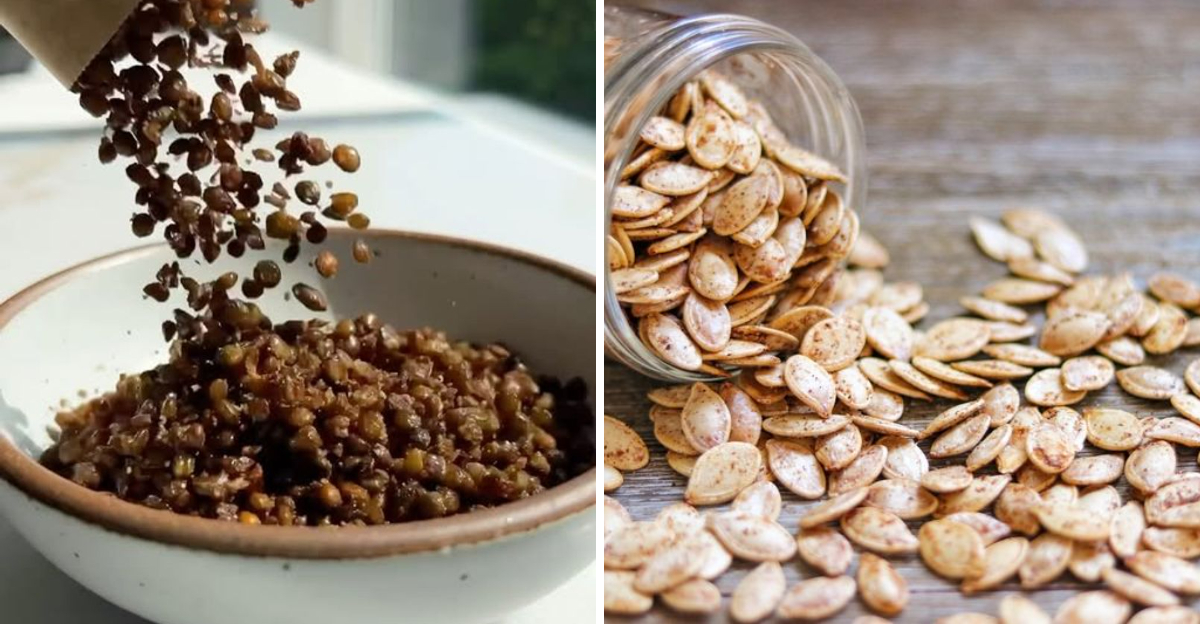
When we think about protein-rich foods, our minds often jump to meat, eggs, and dairy. However, there are numerous surprising sources of protein that are both delicious and nutritious. This list explores 15 foods that pack a protein punch, perfect for those looking to diversify their diet or boost their protein intake. From the depths of the sea to the humble seeds, discover how these foods can enhance your meals with both flavor and protein.
1. Spirulina
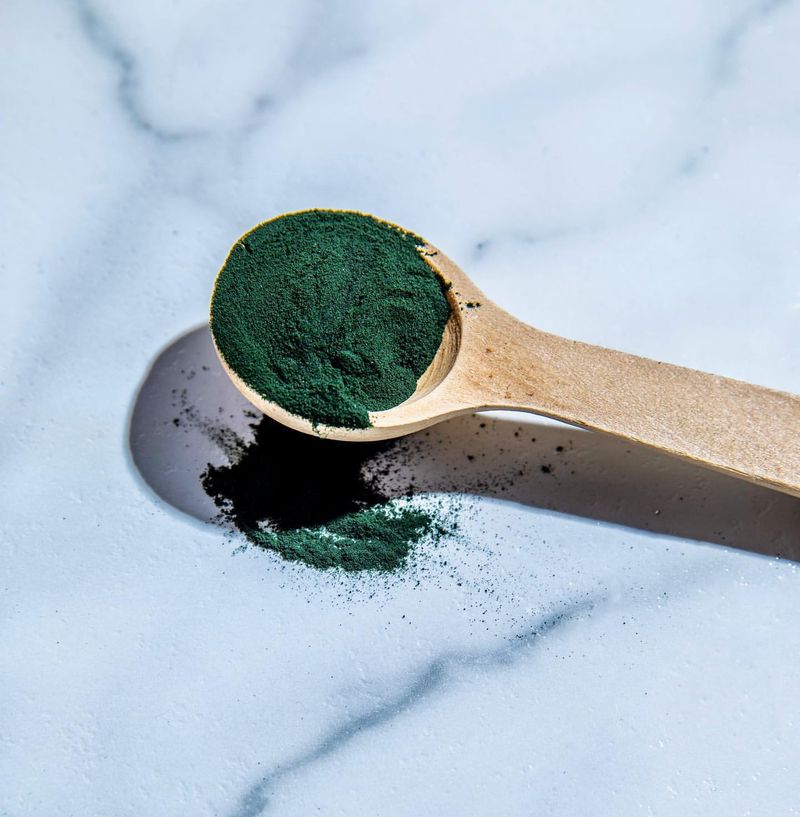
Spirulina, a type of blue-green algae, is an exceptional source of protein, offering about 8 grams per two tablespoons. This superfood is not only high in protein but also packed with essential amino acids, making it a complete protein source. Mix it into smoothies or sprinkle it on salads for an added nutritional boost. Spirulina is also rich in vitamins and minerals, namely B vitamins, iron, and copper, contributing to its superfood status. It’s an excellent choice for vegetarians and vegans seeking plant-based protein options. Its nutrient density supports energy levels and overall health.
2. Pumpkin Seeds
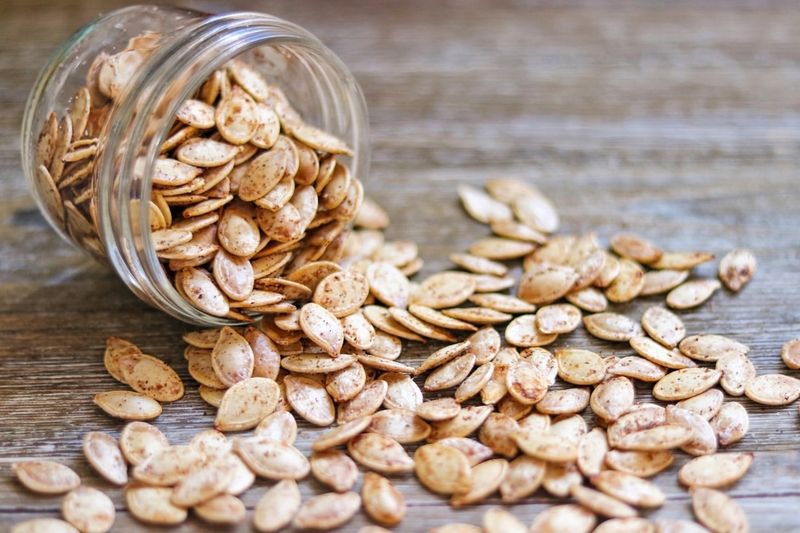
Pumpkin seeds, or pepitas, are a crunchy, delicious snack that surprisingly contains about 7 grams of protein per ounce. Beyond protein, they are a powerhouse of magnesium, zinc, and healthy fats, supporting heart health and immune function. Toast them for a delightful topping on soups or salads. These seeds offer a satisfying crunch and nutty flavor that can easily enhance various dishes. Including pumpkin seeds in your diet is an easy way to boost your protein intake while enjoying a versatile snack. Their compact size makes them perfect for on-the-go nutrition.
3. Quinoa
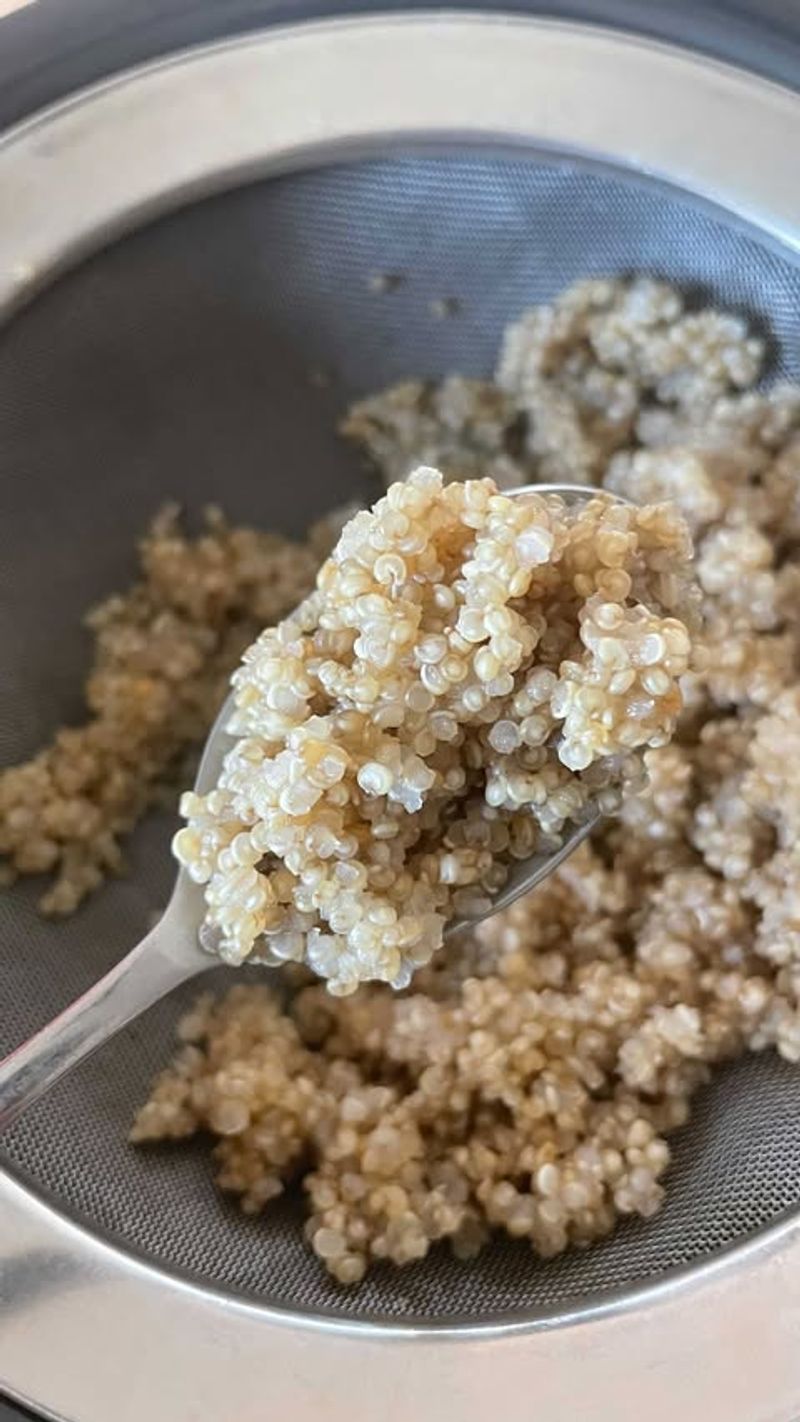
Quinoa is often mistaken for a grain, but it’s a seed that’s remarkably high in protein, boasting about 8 grams per cooked cup. This pseudo-grain also offers all nine essential amino acids, making it a complete protein source. Quinoa is versatile, perfect as a base for salads, bowls, or as a rice alternative. Its slightly nutty flavor complements both sweet and savory dishes. Not only is it gluten-free, but quinoa is also rich in fiber and other nutrients like magnesium and iron. It’s an excellent choice for those looking to add plant-based protein to their diet.
4. Edamame
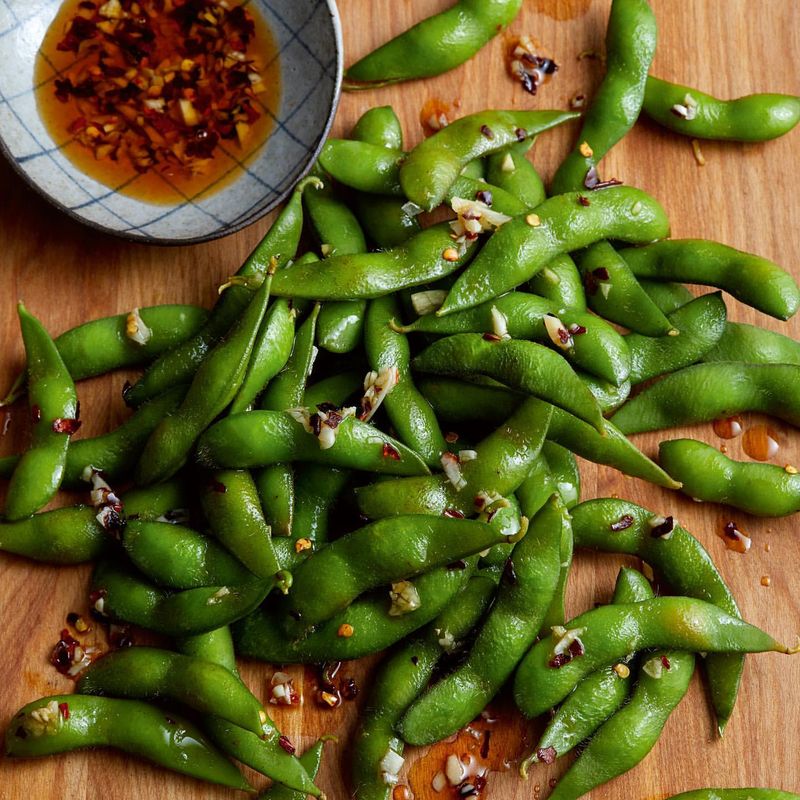
Edamame, young soybeans, are a protein-rich snack providing 17 grams per cup when cooked. These little green gems are not only high in protein but also loaded with fiber, essential vitamins, and minerals. Enjoy them as a snack, part of a salad, or in a stir-fry. Edamame is an excellent source of plant-based protein, perfect for vegetarians and vegans. Their mild, nutty flavor and firm texture make them a delightful addition to many dishes. Incorporating edamame into your meals can help meet protein needs while offering a tasty and nutritious option.
5. Cottage Cheese
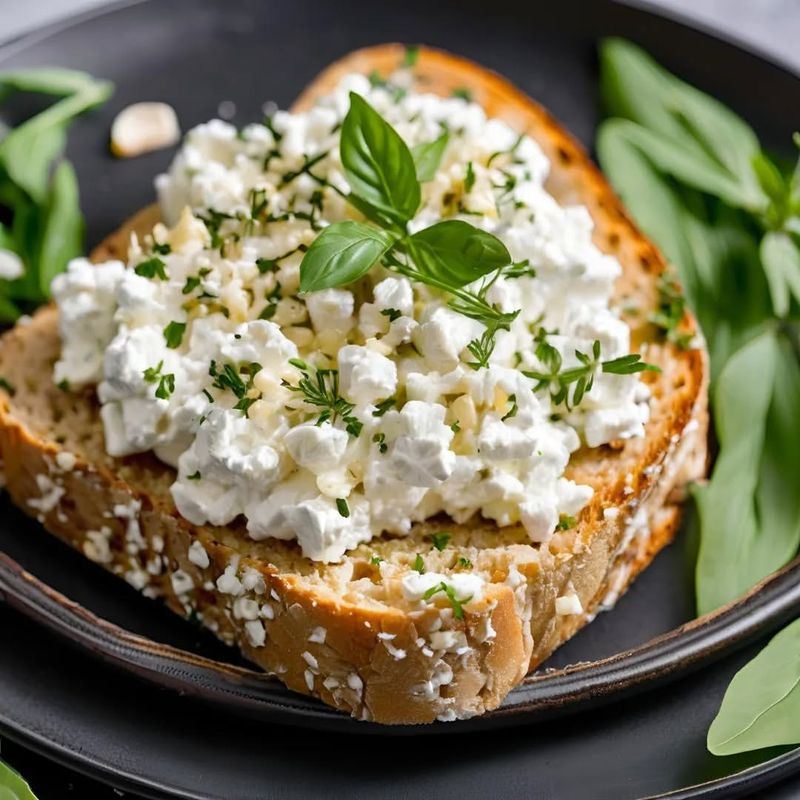
Cottage cheese is a dairy product that’s surprisingly high in protein, with about 28 grams per cup. This creamy cheese is an excellent source of casein, a slow-digesting protein that supports muscle growth and repair. Enjoy it with fruits, on toast, or in savory dishes. Cottage cheese is also rich in calcium, supporting bone health. Its versatility allows for creative culinary uses, whether in breakfast bowls or as a creamy base for dips. For those seeking a high-protein, low-fat option, cottage cheese is a nutritious and satisfying choice, perfect for any meal.
6. Chia Seeds
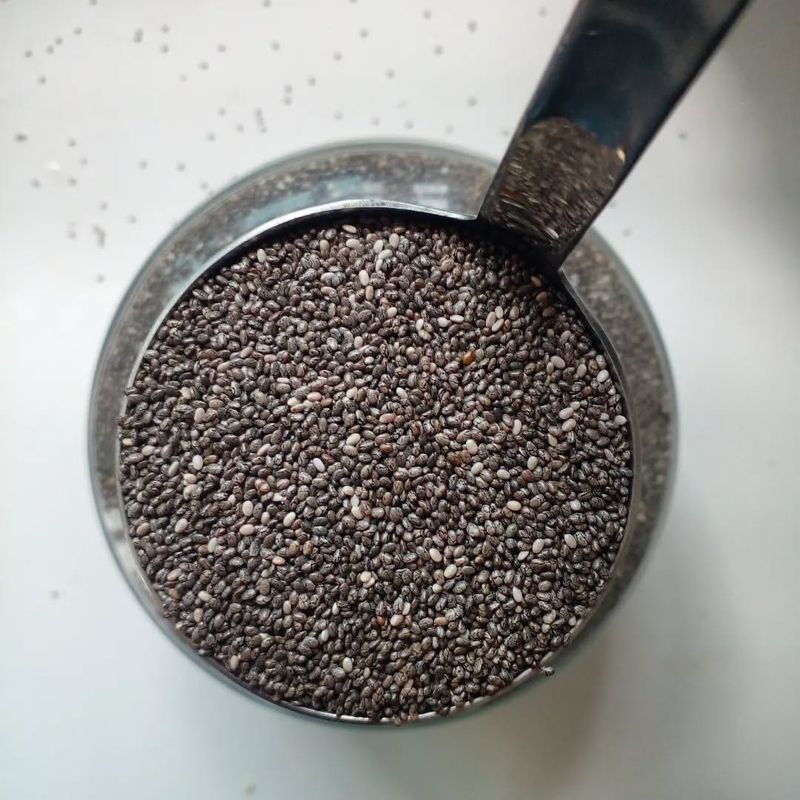
Chia seeds are tiny powerhouses, offering about 4 grams of protein per two tablespoons. These seeds expand in liquid, forming a gel-like texture perfect for puddings, smoothies, or as an egg substitute in baking. Beyond protein, they are rich in omega-3 fatty acids, fiber, and antioxidants. Their health benefits include supporting heart health and aiding digestion. Chia seeds’ mild flavor makes them an easy addition to various dishes without altering taste. They provide a unique way to enhance the protein content of meals, especially for vegans and vegetarians seeking plant-based sources.
7. Greek Yogurt

Greek yogurt, known for its creamy texture, offers an impressive 10 grams of protein per 100-gram serving. This dairy delight is not only high in protein but also rich in probiotics, supporting gut health. Enjoy it plain, with fruit, or as a base for smoothies and sauces. Greek yogurt’s tangy flavor and thick consistency make it a versatile ingredient in both sweet and savory dishes. It also provides calcium and other essential nutrients, contributing to bone health. For those looking for a high-protein snack or breakfast, Greek yogurt is a delicious and nutritious choice.
8. Lentils
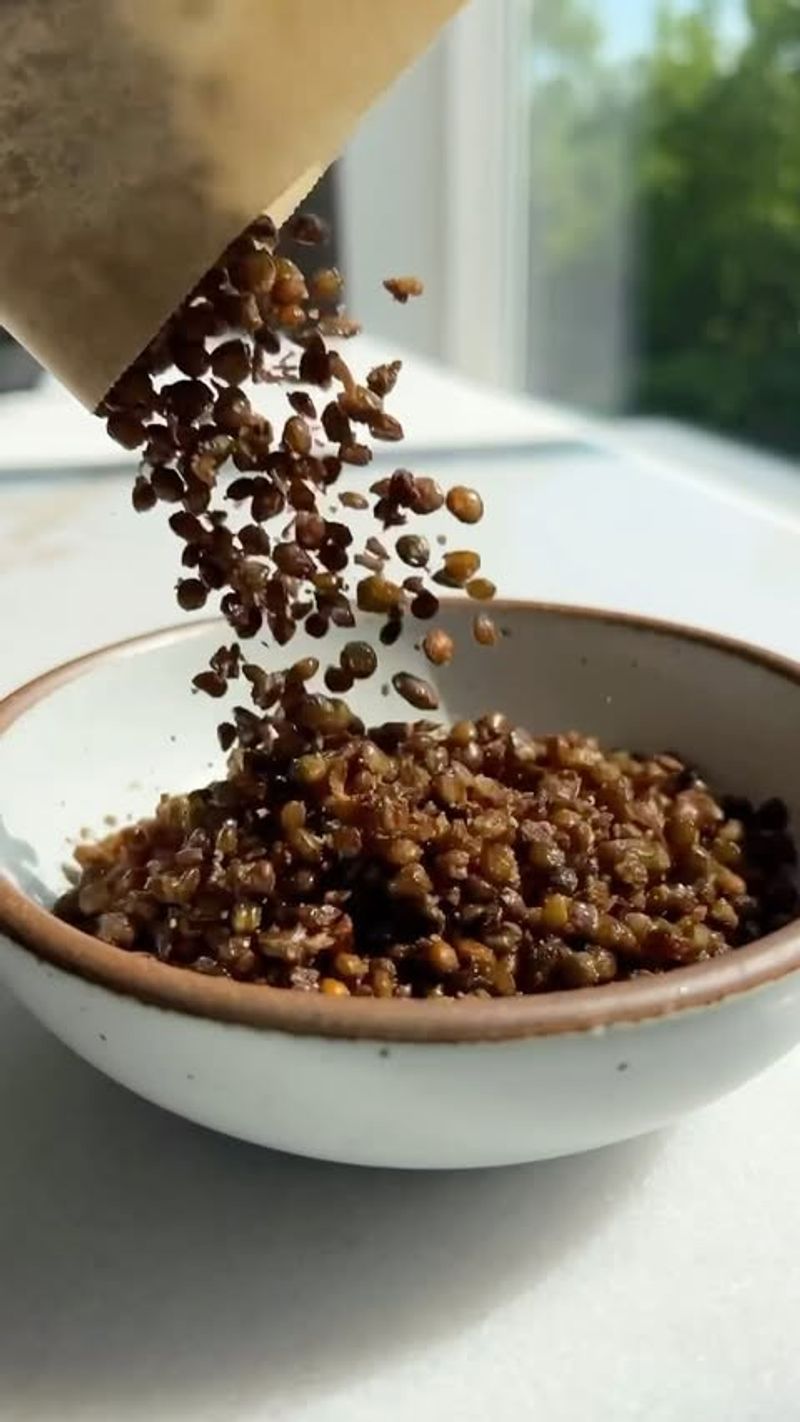
Lentils, small legumes, are protein powerhouses with about 18 grams per cooked cup. These versatile legumes are not only high in protein but also rich in fiber, iron, and folate, supporting heart health and digestion. Lentils are perfect for soups, stews, or salads, offering a hearty texture and earthy flavor. They are a staple in vegetarian and vegan diets, providing a satisfying and nutritious protein source. Easy to cook and incorporate into various dishes, lentils are an excellent choice for those looking to boost their protein intake with plant-based foods.
9. Peas
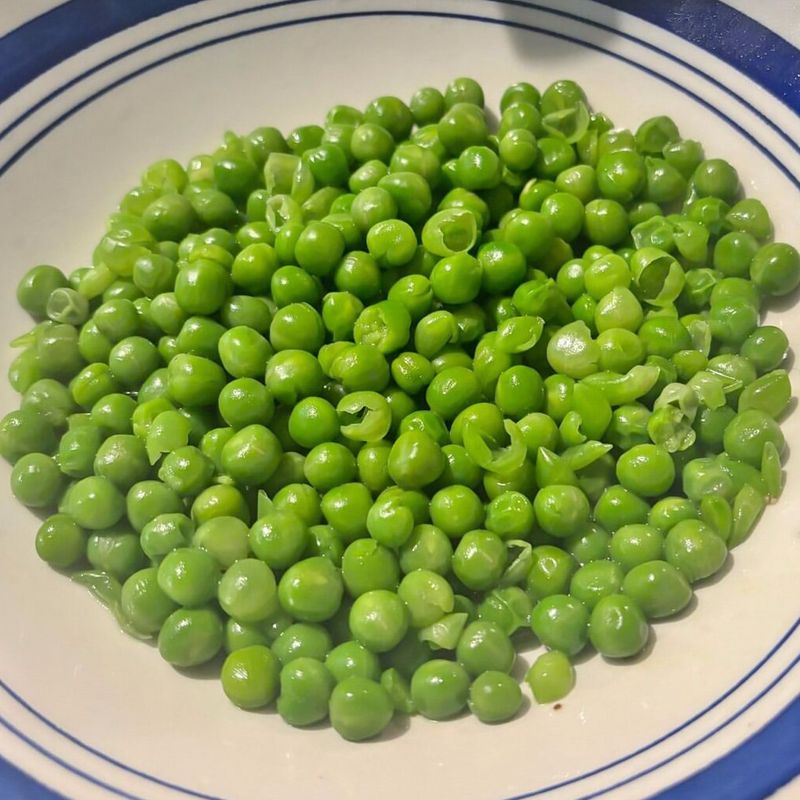
Peas, often overlooked, are a surprising source of protein, providing about 8 grams per cooked cup. These little green spheres are not only high in protein but also rich in fiber, vitamins, and minerals. Add them to soups, stews, or enjoy them as a side dish. Peas offer a sweet flavor and tender texture that complements various cuisines. Their nutritional profile supports heart health and aids digestion, making them a great addition to any diet. For those seeking a plant-based protein source, peas are a simple and effective choice, enhancing meals with both taste and nutrition.
10. Hemp Seeds
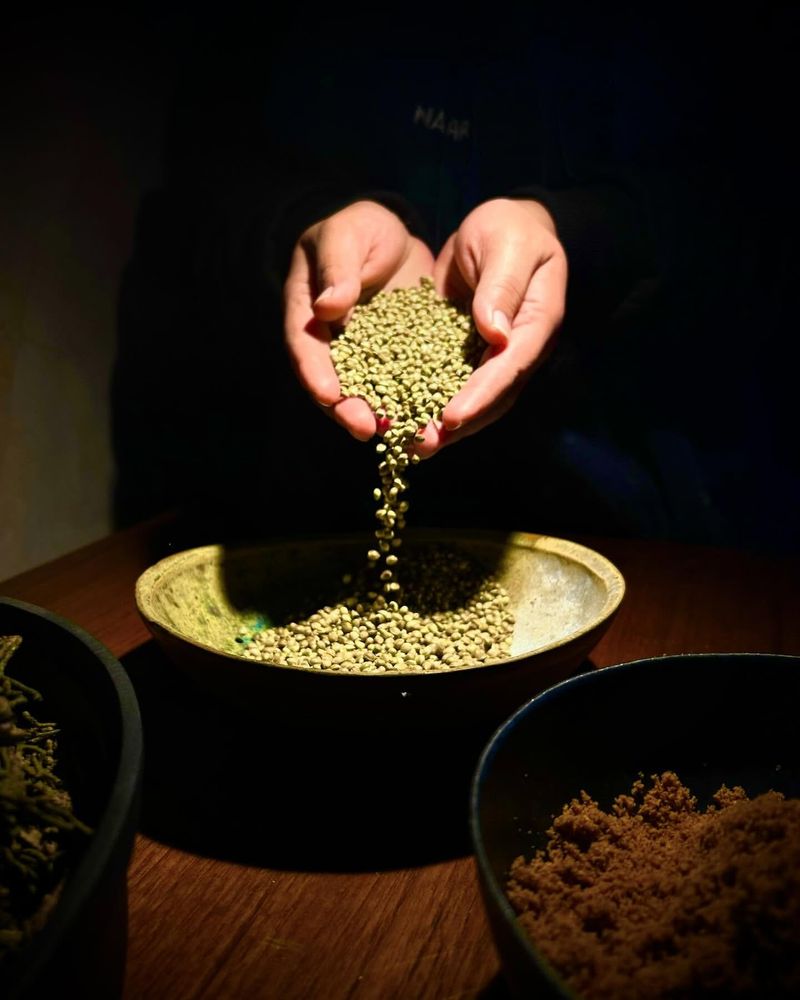
Hemp seeds are a unique and nutritious source of protein, containing about 10 grams per three tablespoons. These small seeds are not only high in protein but also rich in healthy fats, particularly omega-3 and omega-6 fatty acids. Sprinkle them on salads, yogurt, or incorporate them into smoothies for added nutrition. Hemp seeds provide a nutty flavor and crunchy texture, enhancing a variety of dishes. They are an excellent choice for those seeking plant-based protein options, particularly vegans and vegetarians. Their nutritional benefits also include supporting heart health and promoting skin health.
11. Almonds

Almonds are a popular nut that surprisingly offers about 6 grams of protein per ounce. They are not only high in protein but also packed with healthy fats, fiber, and antioxidants. Enjoy almonds as a snack, in smoothies, or as a topping for yogurt and salads. Their crunchy texture and nutty flavor make them a versatile ingredient in many dishes. Almonds support heart health and aid in weight management, making them a nutritious and satisfying addition to your diet. For a convenient and protein-rich snack, almonds are an excellent choice for any time of day.
12. Broccoli
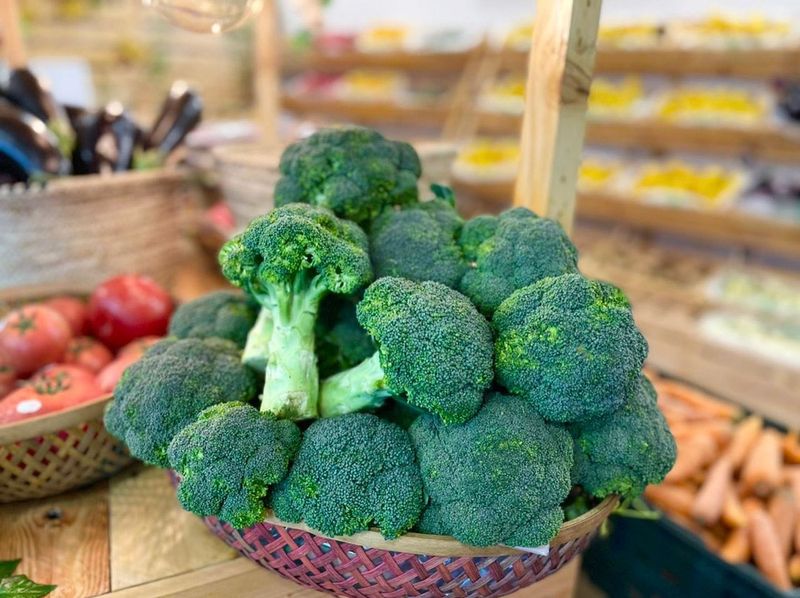
Broccoli, often touted as a superfood, contains about 3 grams of protein per cup when cooked. This cruciferous vegetable is not only a surprising source of protein but also rich in vitamins C and K, fiber, and antioxidants. Steam it, stir-fry it, or enjoy it raw in salads to benefit from its nutritional profile. Broccoli’s mild flavor and crunchy texture make it a versatile addition to many meals, offering both taste and health benefits. It supports immune function and aids digestion, making it a great choice for those seeking a vegetable-based protein source.
13. Sunflower Seeds

Sunflower seeds are a delightful and crunchy snack, providing about 6 grams of protein per ounce. These seeds are not only high in protein but also packed with healthy fats, vitamin E, and minerals like magnesium. Enjoy them as a snack, in trail mixes, or sprinkled on salads. Sunflower seeds offer a nutty flavor and crunchy texture that enhance various dishes. They support heart health and provide antioxidant benefits, making them a nutritious choice for any diet. For those looking to increase their protein intake with plant-based options, sunflower seeds are a convenient and tasty choice.
14. Avocado
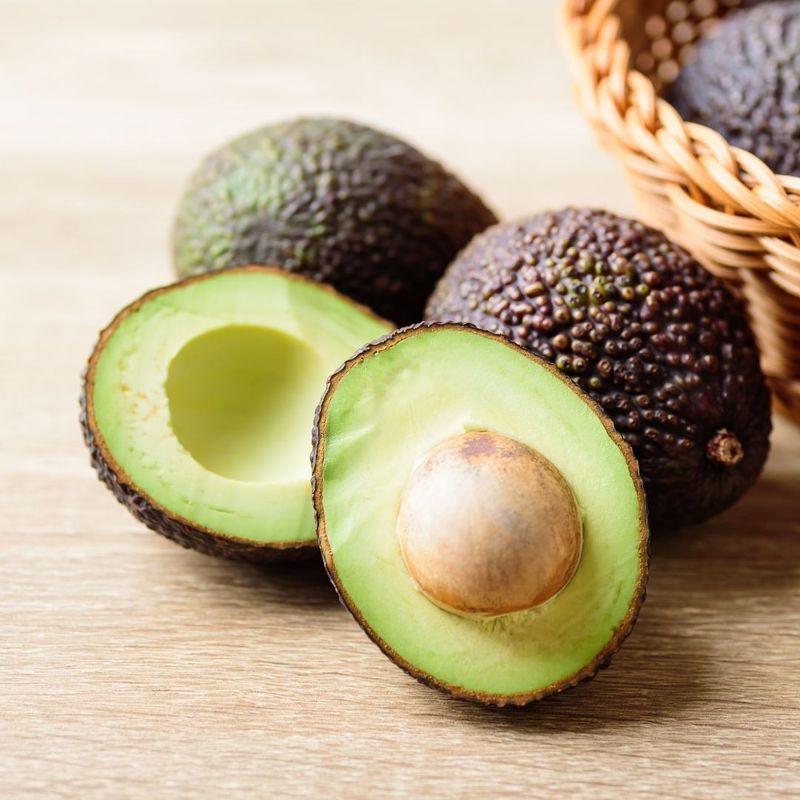
Avocado, known for its creamy texture and healthy fats, surprisingly contains about 3 grams of protein per cup when mashed. This fruit is also rich in fiber, vitamins, and minerals. Include avocado in salads, on toast, or in smoothies for a nutritious boost. Its mild, buttery flavor complements a wide range of dishes, making it a versatile ingredient in any kitchen. Avocados support heart health, aid digestion, and offer a satisfying addition to meals. For those seeking a unique and plant-based protein source, avocados are a delicious and healthful option to consider.
15. Seitan
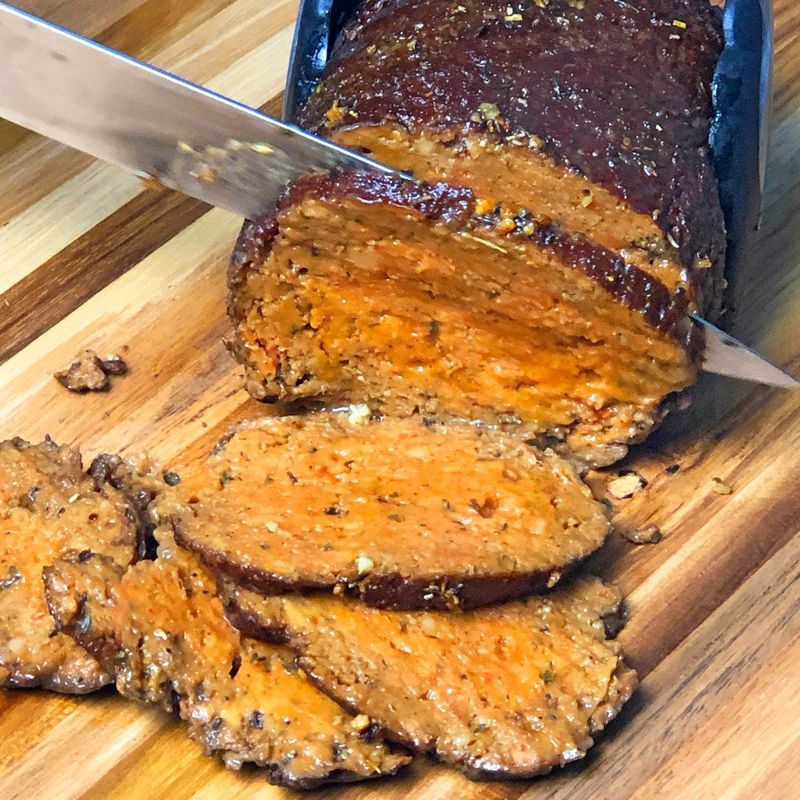
Seitan, often referred to as “wheat meat,” is a protein-rich food derived from wheat gluten, offering about 25 grams per 3-ounce serving. This meat substitute is popular among vegetarians and vegans for its chewy texture and ability to absorb flavors. Use it in stir-fries, sandwiches, or as a meat alternative in various dishes. Seitan is an excellent source of plant-based protein, supporting muscle growth and repair. Its versatility allows for creative culinary use, providing satisfying and protein-packed options. For those looking to reduce meat consumption, seitan is a hearty and nutritious alternative.
